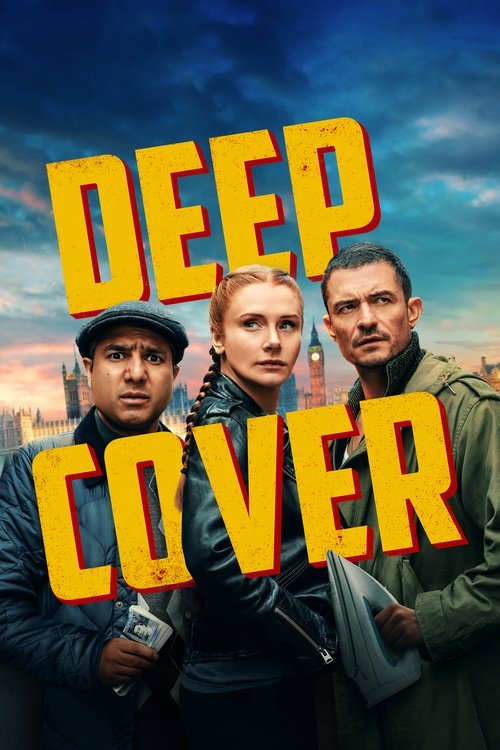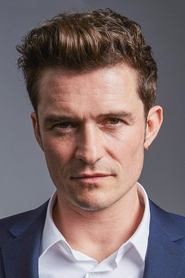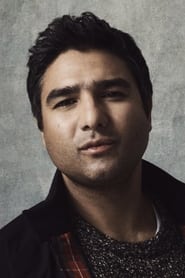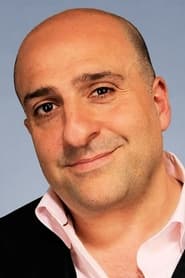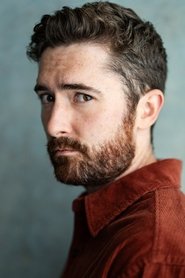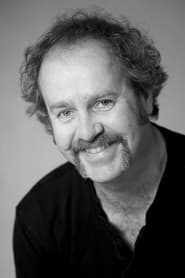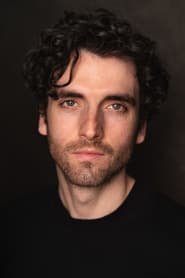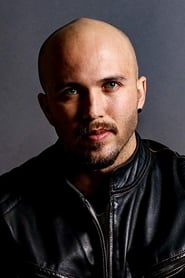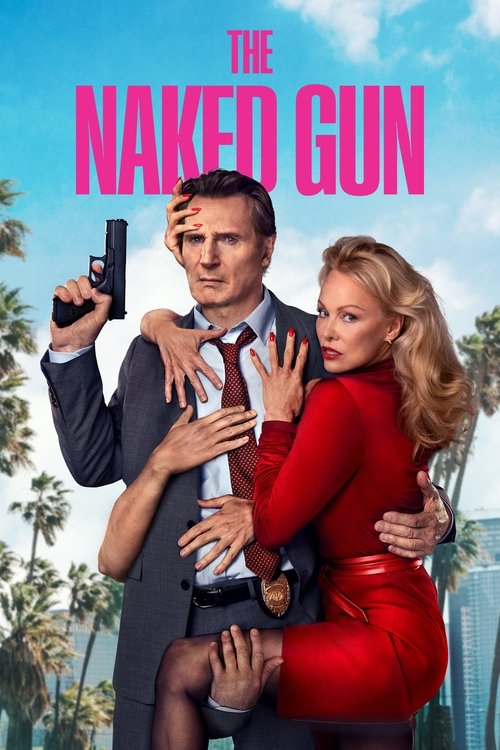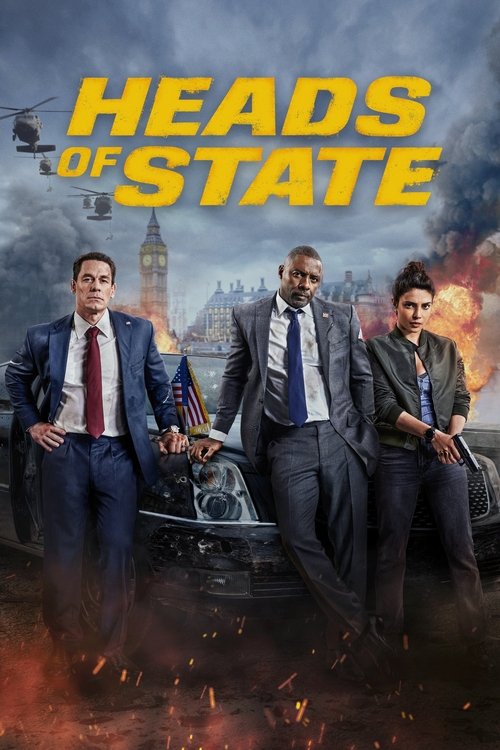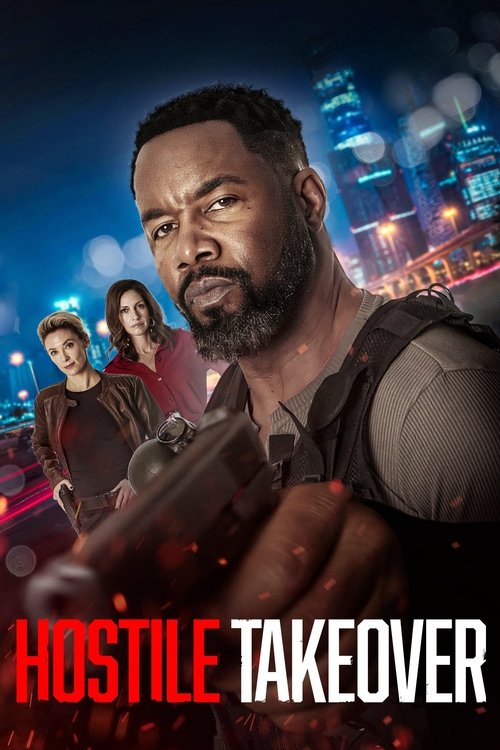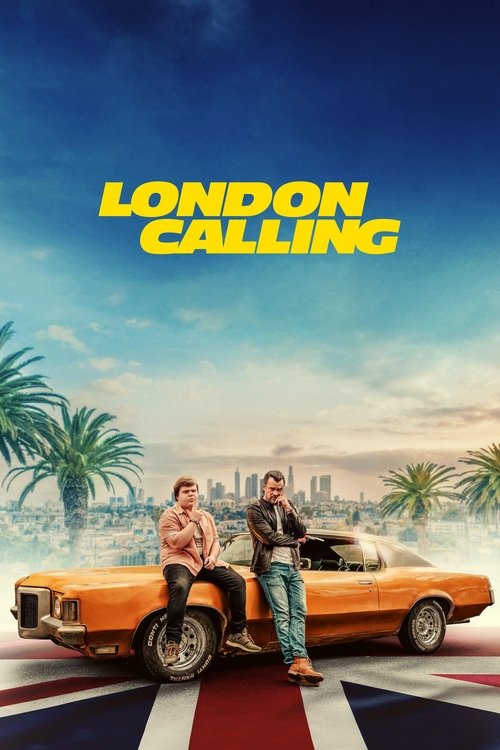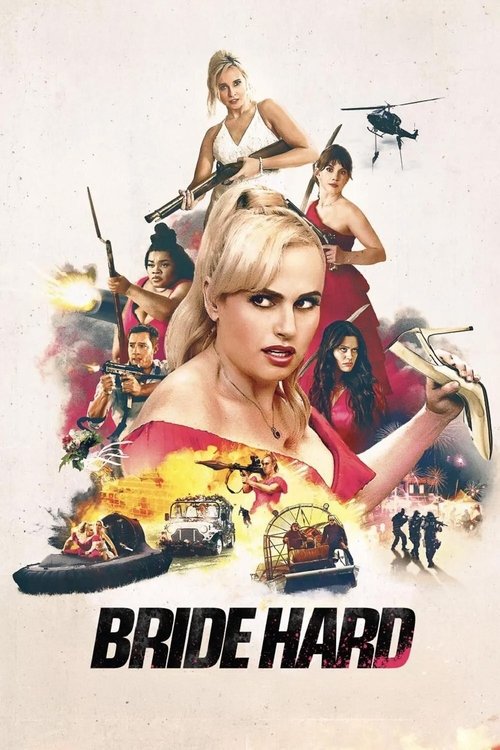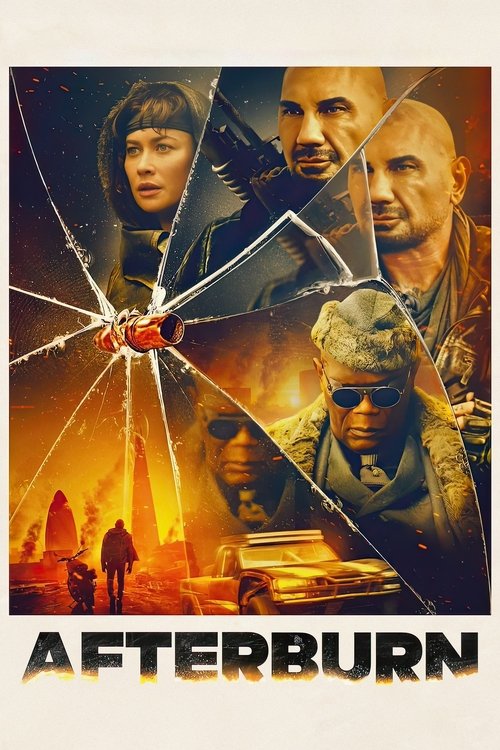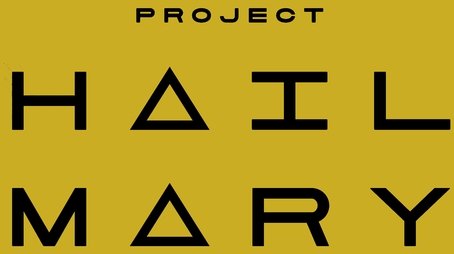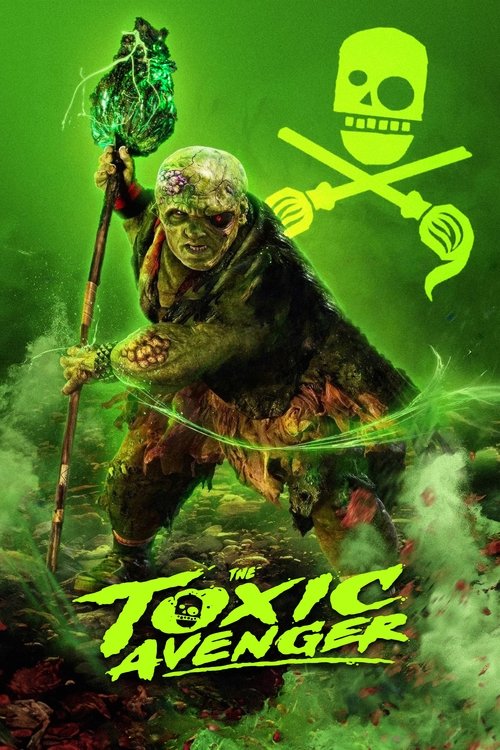
Ask Your Own Question
What is the plot?
In 1972, a young Russell Stevens Jr. watches his father unravel under the weight of an addiction that ruins their household; he vows to himself that he will never follow that path. Years later, Russell serves as a patrol officer in Cincinnati, his childhood promise shaping every decision he makes. A DEA special agent named Gerald Carver approaches him with an offer that will upend his life: give up his badge and go undercover on the West Coast. Carver argues that Russell's instincts and ability to pass for someone comfortable in criminal circles make him perfect for a long-term infiltration of a drug syndicate run by Anton Gallegos and linked to Anton's uncle, Hector Guzmán, a South American politician with murky ties to U.S. power brokers. Russell accepts and adopts a new identity, checking into a shabby Los Angeles hotel and taking the name John Hull.
As Hull, Russell begins selling cocaine at street level, cultivating contacts and moves deliberately to climb the ranks of Gallegos's organization. In one early confrontation he encounters LAPD Narcotics Detective Taft and Taft's partner Hernández; their paths cross because a small-time dealer in Gallegos's operation, Eddie Dudley, sets a trap that drags Hull into local police attention. In court arraignment following a bust, Russell discovers that the cocaine he and others were handling is actually baby laxatives packaged to look like narcotics; the case collapses and charges are dropped. A fixer within the organization, David Jason, rewards Russell's silence by furnishing a fresh supply of real product and introducing him to Felix Barbosa, Gallegos's underboss, bringing Hull further inside the network.
Russell's undercover life entwines with the downtown art scene when he begins a romance with Betty McCutcheon, who manages an art dealership that serves as a laundering front. As Hull presses deeper into the trade, one of his dealers is murdered; David Jason orders Russell to retaliate. Under Jason's direction, Russell tracks the person responsible and shoots him dead in a vengeful act meant to shore up his standing within the crew. That killing ties Russell more tightly to Jason, and the two men soon partner to develop a synthetic variant of cocaine, a venture that promises massive profit.
At first, Hull's ascent seems to secure him: Jason brings him into increasingly sensitive deals, and Russell learns to navigate the internal rivalries. But tensions rise when it becomes clear that Barbosa has a clandestine relationship with Detective Hernández. When Jason grows ruthless to protect his share and to counter Barbosa's ambitions--Barbosa is quietly maneuvering to eliminate Jason and consolidate power--the stakes escalate. An arrest attempt meant to settle scores goes badly wrong; Carver, who knows the undercover operation's constraints, watches the unfolding dysfunction and chooses not to intervene. Russell steps in during the chaos and exposes Barbosa's treachery, creating a rupture between factions and forcing Betty to flee the laundering operation and accept Russell's protection.
Anton Gallegos arrives with alarming news: Barbosa claims a sizable debt is owed to him. Russell confides this revelation to Carver, expecting institutional backing, but Carver reacts violently and reveals that he has acquiesced to the State Department's decision not to pursue Gallegos. Carver explains--coldly and with a physical show of force--that Guzmán's political potential makes him untouchable at the high-level diplomatic table. Feeling betrayed by the agency that put him in the field, Russell renounces his role as Hull and resolves to bring down Gallegos and Guzmán on his own terms.
Russell and Jason decide to strike first. They learn that Gallegos plans to move an enormous amount of cash, and they stage a brazen theft at a meeting, seizing in excess of one hundred million dollars in cash. Flush with money and sensing leverage, they approach Hector Guzmán with a proposal: invest in their synthetic-cocaine operation and, in exchange, offer Guzmán 80 percent of the seized cash. During these maneuvers, Detective Taft watches Hull from the shadows, trying to regain control of the situation. Taft attempts to intervene at the operation's critical moment and is set upon by Guzmán's enforcers; as Guzmán's men attack Taft, David Jason guns Taft down, shooting the detective dead to eliminate a witness and to protect the new arrangement.
Violence spirals. With police converging on the scene, Russell is forced to reveal his true identity over the radio to call for aid while Jason, reckless and panicked, fires on Taft and then turns his paranoia and greed directly toward Russell. Jason aims a gun at Russell; the two men exchange fire on a hard, chaotic stretch of pavement as marked police units arrive. Russell fires back and kills Jason during the shootout. Police reinforcements pour into the area seconds later, and Russell stands amid the wreckage of a plan that has bled into a slaughter.
After the carnage, Carver confronts Russell and offers him a grim bargain: Carver will protect Betty from prosecution for her connections to the money-laundering front if Russell will provide credible testimony and evidence that the DEA can use to construct a case against Guzmán and Gallegos. Carver uses footage from a clandestine meeting at a shipyard--video that implicates Guzmán, and which the State Department had hoped to keep under wraps--to pressure Russell into cooperating. The agreement forces Russell to supply his credibility to a federal case that stitches together the corrupt nexus between Guzmán, Gallegos, and elements of the State Department and law enforcement. The shipyard footage becomes the lever that exposes maps of complicity and sets off damaging fallout for Guzmán, Carver, and the political maneuvering that protected them.
The film closes on Russell left with responsibility for an unexpected sum: he discovers that eleven million dollars from the Gallegos cache is now in his hands, entrusted to him in the aftermath. He must reconcile the physical and moral consequences of the undercover life he adopted; he keeps the cash for a time, weighing what to do while the legal and political dust settles and while Betty withdraws from the criminal world and accepts his protection. The final images leave Russell beside Betty and with the knowledge that the choices he made as John Hull have changed him permanently.
Across the Atlantic, in London, the story opens elsewhere with Kat Bryant teaching improv to a struggling class. Kat once tried to break into stand-up comedy in the United States but now lives in London, running improvisation workshops as she waits for discovery that never comes. Her student roster includes Marlon Swift, an aspiring actor who has had only sporadic success and has just been dropped by his agent, and Hugh, an introverted IT worker crippled by shyness and loneliness. Detective Sergeant Graham Billings of the Metropolitan Police, who is assembling low-level undercover teams, recruits Kat to put forward performers for sting operations; Kat selects Marlon and Hugh, and the three form an undercover trio that takes on street-level personas and nicknames they will use in their stings.
The three--calling themselves Bonnie, Roach, and The Squire when undercover--are assigned to investigate a shop peddling counterfeit cigarettes. Improvising on the spot, their routine goes awry and the leads they chase bring them not to a cigarette counterfeit ring but to mid-level dealer Fly. At a confrontation with Fly's crew, Fly's associate Shosh inadvertently steals a quantity of cocaine from rival Albanians; Fly offers the trio the stolen cocaine to test them. Kat improvises a con: she tricks the Albanians into buying back their own drugs, claiming the tablets are worthless. The Albanians fall for the deception; Fly is impressed by the trio's audacity and recruits them to continue operating on his behalf. Detective Sergeant Billings insists they remain undercover; their success in tricking the Albanians convinces the criminals they are hardened operators.
The trio works to intimidate Sagar, a man who owes Fly money. In pursuit of that goal they press the confrontation until Sagar tries to escape; Sagar disappears in the ensuing chase and dies while fleeing--he collapses and fails to make good his flight. Detective Inspector Dawes is placed in charge of the official investigation into Sagar's death; he studies surveillance images and, seeing the trio's faces in several frames, mistakes the three performers for professionals rather than amateur actors.
Fly builds the trio's prestige in the criminal world by taking them out for his birthday, a scene in which Kat's friends from a hen night chance upon them. Kat smooths things over with rapid improvisation when Shosh and Fly intimidate her friends away. Fly's boss, a man named Metcalfe, asks for a meeting with the trio, an invitation that makes them uneasy. At the meeting, Metcalfe displays a capacity for lethal violence--at one point he kills someone while the trio watches--and their fear rises. Kat appeals to Billings to pull them out of the operation, claiming the assignment is too dangerous, but Billings, who fronts as their handler, insists they remain active and continues to use them.
The group attempts to negotiate with a dealer known as K-Lash about a supply of nitrous oxide vials being passed off as cocaine. During the meeting, Hugh, who ordinarily does not speak up, accidentally blurts an incoherent string of threats in a nervous attempt to impersonate a hardened criminal. He then tosses what looks like a grenade, a toy that appears authentic under the pressure of the moment. The deal collapses in confusion and the trio flees. Afterward, the three learn a darker truth: Billings is corrupt and he has been exploiting them to further his personal schemes. Billings confronts them in a blackmailing monologue; during that confrontation Shosh kills Billings--he shoots Billings down as he tries to control the situation--and the trio finds themselves implicated in a murder they did not commit.
Metcalfe, suspicious of Billings's connections, seeks to trace the detective's contacts by checking his call history. When Metcalfe looks into Billings's last calls, he seeks proof of the detective's accomplices but initially comes up short. The criminal organization, however, needs to silence the loose threads that Billings represents; Fly's crew tasks the trio with disposing of Billings's body to shield their own operation. To avoid being outed as impostors, Kat agrees to go along with the demand. Marlon, ever the method actor, seizes a chainsaw and dismembers Billings's corpse. The trio divides the body parts among three trash bags; Hugh, scrambling to help, uses his company credit card to rent bicycles to transport the bags. DI Dawes and DS Beverley track cellphone and CCTV data to a likely dump site and almost catch the trio, but they evade capture by splitting up and blending into the city.
After the dismemberment, Kat and Marlon attempt to borrow a car from one of Kat's friends to move the bags; Kat attends the friend's dinner party and plays along with an intervention the group stages for her. She engineers a distraction that lets Marlon slip away with the car keys while Hugh struggles with a neighbourhood dog trying to get at the bags of body parts. They drive to a rendezvous where Shosh is waiting; he digs a grave and buries the remains with cold efficiency, then drops Kat and Marlon back in town and takes Hugh home.
Shosh reveals to them that Metcalfe is attempting to have Billings's phone hacked downtown in order to implicate Billings's associates. The trio scramble to intercept the hack, racing to the site, but they walk into a trap. Metcalfe orders an execution; Fly takes the trio to a remote area, telling them that Shosh is digging graves for them and that they will be killed. One by one, each of the three improvises an apology and a farewell as if they are really criminals about to meet their end; tension peaks. At the last moment, Fly calls off the execution--he deems Metcalfe's order too extreme--and releases the trio, although the experience leaves them shaken and baked into the criminal scene.
Just before they can flee England and start new lives, Dawes's team captures the trio and charges them with several offenses, lacking only the proof of Billings's corruption to secure a full case against the criminal bosses. Believing the three to be undercover officers rather than actors, Dawes interrogates them intensely. Kat leverages Fly's burgeoning attachment to the trio and convinces him to wear a wire during a meeting with the Albanians in exchange for immunity for all four of them. Fly agrees, and the four prepare for a sting that will expose Metcalfe and the Albanian supply chain.
During the arranged deal, the trio acts as supposed professional criminals; the planted microphone and hidden recorder capture Metcalfe admitting to drug deals and corruption. At a decisive moment, the undercover recordings give the police probable cause, and Dawes's squad storms the meeting. In the resulting clash, Metcalfe is shot and killed by Shosh in the confusion, and Shosh slips away from the scene. With police presence overwhelming the criminals' defenses, officers arrest several men on the spot. Fly, having realized that the trio are not hardened criminals but performers, nevertheless rewards them with cash for the role their improvisation played in bringing him and the Albanians down.
In the film's coda, after the sting and the arrests, the three former improv students move into new lives. Marlon's career suddenly takes off, his reputation bolstered by the notoriety around the case; Hugh leaves his IT job and opens a wine shop, pursuing a passion he had long suppressed; Kat's improv troupe surges in popularity, buoyed by rumors that their workshop members were once undercover operatives. The film ends with each of them on a separate trajectory: Marlon on stage in a proper audition room, Hugh behind the counter of his new shop, and Kat leading a packed improv class, their lives altered by the dangerous improvisation that had once been schoolroom games.
Both narratives close on the aftermath of choices made in the dark: in Los Angeles, Russell carries the physical legacy of the undercover assignment--eleven million dollars and the memory of the men he killed and those who killed Taft; in London, Kat and her two students carry reputations forged under duress and a cash reward that lets them leave certain dangers behind. The last scenes show Russell beside Betty, the cash counted and catalogued, and in London the trio walking into bright, uncertain futures, each survivor of a story that required them to invent themselves in order to survive.
What is the ending?
The ending of Deep Cover (2025) shows Kat, Marlon, and Hugh, three improv actors recruited by the police, successfully pulling off a sting operation against the criminal underworld. After a tense confrontation, the crime lord Metcalfe is killed by Shosh, who then escapes. The trio is granted immunity and returns to their lives in London, now with newfound confidence and success in their careers.
Expanding on the ending scene by scene:
The final act begins with Kat and Marlon attending a friend's dinner party under the pretense of borrowing car keys. This is actually an intervention staged by Kat, who plays along while guiding Marlon to obtain the keys. Meanwhile, Hugh is outside fending off a neighborhood dog from bags containing body parts, a grim but necessary task in their undercover work.
With the keys in hand, the trio rushes off with the body parts, pretending that Kat is heading to rehab. They bury the body parts with Shosh, a mysterious figure connected to the criminal world. After this, Shosh drives them into town, dropping off Kat and Marlon, and then takes Hugh home.
Shosh informs them that Metcalfe, the crime lord, is having Billings' phone hacked downtown. Kat and Marlon race to intercept the hack but fall into a trap. Metcalfe orders their execution, and Fly, an associate, takes them to a remote area where they believe Shosh is digging their graves. Each of the trio apologizes to the others, preparing for the worst. However, Fly sets them free, stating that Metcalfe has gone too far.
Shortly after, before they can flee England, the group is captured by Dawes, a law enforcement figure, and faces charges because they lack proof of Billings' corruption. Dawes believes the trio are undercover cops. Kat convinces Fly to wear a wire during a meeting with the Albanian criminals in exchange for immunity for all four of them.
During the deal, the trio, now posing as undercover officers, intervene to save Fly and record Metcalfe admitting to drug crimes. The real police then storm in to arrest the criminals. In the ensuing chaos, Metcalfe is shot in the back and killed by Shosh, who escapes capture.
Fly, upon learning that Kat, Marlon, and Hugh are actually improv actors and not real cops, rewards them with cash for their help.
In the aftermath, Marlon's acting career takes off, Hugh opens a wine shop pursuing his true passion, and Kat's improv group gains enormous popularity amid rumors of their undercover exploits.
Thus, the main characters survive the ordeal, with Shosh escaping and remaining at large, leaving an open thread for potential future stories. The trio returns to their civilian lives, transformed by their experiences and newfound confidence.
Is there a post-credit scene?
Yes, the 2025 movie Deep Cover does have a post-credits scene. This scene hints at the trio of main characters--Kat, Marlon, and Hugh--continuing their undercover informant roles while returning to more normal lives, with a promise of future adventures and a potential sequel. The post-credits scene suggests revitalizing possibilities for the trio, showing them adapting to life after their intense undercover operation, with Hugh managing a wine shop, Kat teaching, and Marlon landing a serious acting role. It also leaves open the possibility of their return for new missions, especially since Shosh, a key character who escaped authorities, could come back to recruit them again, possibly rekindling past relationships and new assignments.
The post-credits scene serves as a narrative bridge, blending closure with an invitation for continuation, emphasizing themes of adaptability and survival in their chaotic world.
What specific event leads to the death of the character Sagar in Deep Cover (2025)?
Sagar, who owes money to Fly, is intimidated by the trio of improv actors working undercover. He subsequently dies while fleeing from the situation.
How do the improv actors gain credibility within Fly's criminal circle?
The trio is mistaken for professional criminals by the police after being photographed outside Kat's on multiple occasions. This mistaken identity leads Fly and his circle to believe they are credible criminals, especially since Sagar had been a hitman in his day.
What causes the deal with the dealer K-Lash to collapse in the film?
During a negotiation with dealer K-Lash, who is selling nitrous oxide vials instead of cocaine, the character 'Roach' speaks for the group and makes up threatening-sounding expressions. He also throws a toy grenade that looks real, which causes the deal to collapse and forces them to flee.
What role does the character Billings play in the story, and what happens to him?
Billings is revealed to be corrupt and using the trio for personal gain. After making a blackmailing speech referring to Sagar, Billings is killed by Shosh.
How does Metcalfe react to the trio's involvement with the Albanians and the drug supply?
Metcalfe, Fly's boss, is unhappy with the trio because the Albanians realize they have been tricked and refuse to supply him with cocaine. Despite Kat demanding that Billings pull them out, Metcalfe insists they carry on. Later, Metcalfe kills someone while the trio is present.
Is this family friendly?
The 2025 movie Deep Cover is not family friendly and is rated R due to strong language, violence, drug use, and some sexual content.
Potentially objectionable or upsetting aspects for children or sensitive viewers include:
- Frequent use of strong profanity, including the f-word and other vulgar language.
- Multiple violent scenes such as shootings with visible blood, a person shot in the head, and a person run over by a vehicle.
- Drug use and drug-related themes are prominent throughout the film.
- Some sexual content including heavy make-out scenes and sexual jokes, though these are limited.
- Intense situations involving crime and danger that may be unsettling.
Overall, the film is an adult action-comedy with mature themes and content, making it unsuitable for children or viewers sensitive to violence, strong language, or drug-related material.

